Bio Knowledge

What is the relationship between biodiversity and traditional knowledge ?
The text discusses the complex interrelationship between biodiversity and traditional knowledge, highlighting how each influences and shapes the other in various ways. It explains that communities living in diverse ecosystems develop unique practices adapted to their surroundings, such as specific crop rotations or intercropping methods suited to local biodiversity. The availability of certain species also influences dietary habits, with coastal communities relying heavily on seafood while inland communities depend more on terrestrial resources. Furthermore, high biodiversity regions often lead to extensive knowledge about medicinal plants, with Indigenous communities having long histories of using local flora for healing. The need for sustainable harvesting of these plants can lead to traditional conservation practices like rotating harvest areas or planting more of certain species to ensure their survival. On the other hand, traditional knowledge often includes practices for managing resources sustainably, such as fishing techniques that do not deplete fish populations or agricultural methods that maintain soil fertility. In many cultures, certain areas are considered sacred and are protected from exploitation, serving as de facto conservation reserves. However, as biodiversity declines, so does the traditional knowledge associated with it. The loss of certain species can lead to the disappearance of associated cultural practices and knowledge. With diminished biodiversity, traditional knowledge becomes less effective, leaving communities vulnerable to ecological shifts. In conclusion, the relationship between biodiversity and traditional knowledge is one of mutual dependence and influence. While biodiversity shapes the development of traditional knowledge, this knowledge also plays a critical role in maintaining and conserving biodiversity. Preserving both is essential for the well-being of our planet and its people.
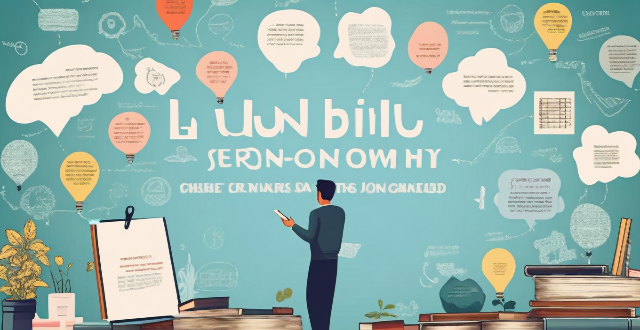
How can I build a strong knowledge framework in my field of study ?
To build a strong knowledge framework in your field of study, follow these steps: define your goals, conduct research, build a foundational understanding, connect ideas and concepts, apply your knowledge, and continuously learn. By doing so, you'll be able to think critically, solve complex problems, and contribute to the advancement of your field.
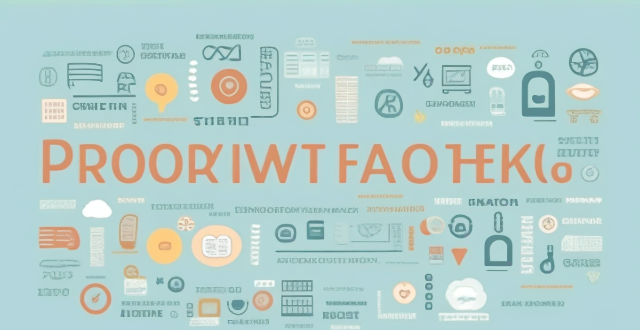
What are the key steps to constructing an effective knowledge framework ?
The text provides a structured approach to constructing an effective knowledge framework, which is essential for efficient learning, understanding, and application of knowledge. The key steps include identifying the core concepts, categorizing information, establishing connections, integrating new information, evaluating and refining the framework, and practicing application. It emphasizes that constructing a knowledge framework is an ongoing process that requires regular updates and refinements as one continues to learn and grow.

How do I integrate new information into my existing knowledge framework ?
Integrating new information into your existing knowledge framework is a crucial skill for learning and personal growth. Here are some steps you can follow to effectively incorporate new knowledge into what you already know: ## Identify Relevant Information 1. **Scan** the new information quickly to get an overview. 2. **Identify** key concepts, theories, or facts that relate to your current knowledge. 3. **Filter out** any irrelevant or redundant information. ## Connect with Existing Knowledge 1. **Activate** your prior knowledge by recalling similar concepts or experiences. 2. **Make connections** between the new information and what you already know. 3. **Create analogies** or metaphors to help relate the new information to familiar ideas. ## Evaluate and Organize Information 1. **Assess** the validity and reliability of the new information. 2. **Organize** the information in a way that makes sense within your existing framework. 3. **Categorize** the new knowledge based on its relevance and importance. ## Reflect and Consolidate 1. **Reflect** on how the new information affects your understanding or perspective. 2. **Consolidate** the new knowledge by summarizing it in your own words. 3. **Reinforce** the integration by explaining it to someone else or applying it in practice. ## Update Your Knowledge Framework 1. **Modify** your existing framework to accommodate the new information. 2. **Expand** your knowledge base by adding new categories or subtopics if necessary. 3. **Re-evaluate** the relationships between different pieces of knowledge within your framework. ## Practice and Apply 1. **Apply** the new knowledge in real-world situations to deepen your understanding. 2. **Practice** recalling and using the new information regularly. 3. **Seek feedback** from others to validate and refine your understanding further. By following these steps, you can effectively integrate new information into your existing knowledge framework, fostering continuous learning and intellectual growth.

How often should sports coaches update their training knowledge and techniques ?
Sports coaches should regularly update their training knowledge and techniques to improve athlete performance, prevent injuries, stay competitive, and retain athletes. The frequency of updates depends on factors such as sport specifics, level of competition, and personal growth. Recommended methods for staying updated include attending workshops, reading books and articles, watching videos and webinars, collaborating with other coaches, participating in online courses, and practicing new techniques. Ideally, coaches should aim to update their knowledge multiple times per year.
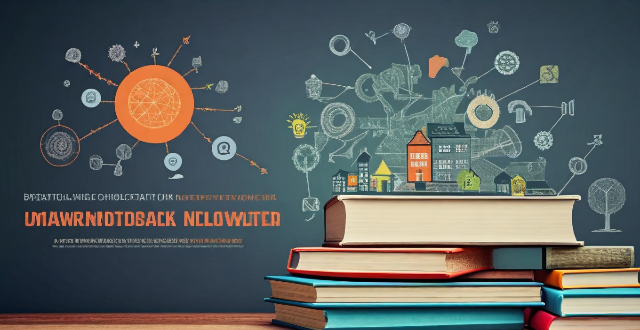
How does a knowledge framework aid in learning and understanding complex topics ?
The text discusses the importance and benefits of using a knowledge framework to aid in learning and understanding complex topics. A knowledge framework is an organized structure that helps to categorize, relate, and prioritize information, serving as a mental model or conceptual map that guides the learning process. The importance of a knowledge framework includes facilitating organization, enhancing comprehension, promoting deeper analysis, and supporting critical thinking. The benefits of using a knowledge framework include simplifying information overload, building stronger associations, enabling better recall and application, improving memory retention, and facilitating application. The text also discusses the application of a knowledge framework in education and training, research and analysis, and professional settings. Overall, the development and utilization of a knowledge framework is crucial for anyone aiming to master challenging subjects and apply that knowledge effectively.
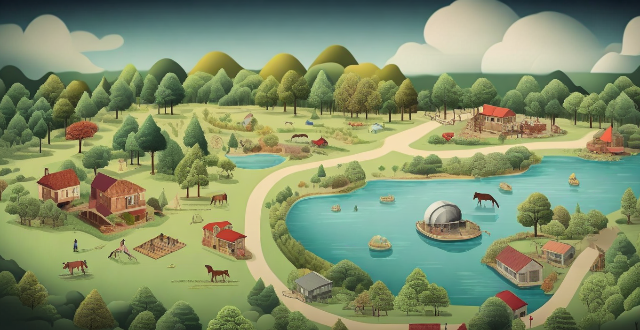
What is the relationship between ecological protection areas and traditional knowledge and practices ?
Ecological protection areas and traditional knowledge and practices are interconnected, with the latter serving as a vital resource for conservation efforts. These areas often contain valuable traditional knowledge developed by indigenous communities, which can aid in their effective management. Traditional knowledge encompasses agricultural practices, medicinal plants, sustainable hunting and fishing techniques, and land management methods. Ecological protection areas aim to preserve biodiversity and ecosystem services through legal means like national parks and nature reserves. The intersection of these two realms offers benefits for both conservation and cultural preservation, encourages community engagement, and creates economic opportunities through ecotourism. Integrating traditional knowledge into conservation strategies can lead to more effective and culturally sensitive management of ecological protection areas while preserving the cultural heritage of indigenous peoples.
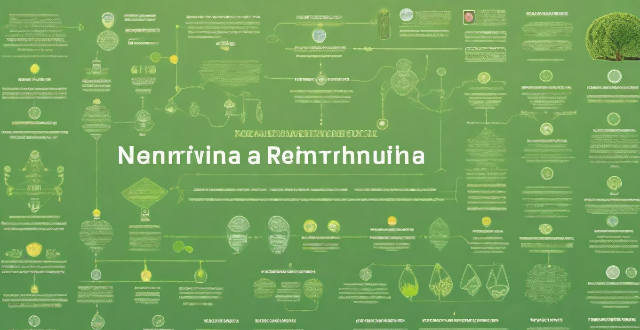
Can you provide examples of successful knowledge frameworks in various disciplines ?
Knowledge frameworks are structured approaches to organizing information within a field of study or practice. Successful examples include the human body systems in medicine, the OSI model in computer science, the language acquisition framework in linguistics, SWOT analysis in business, the ecosystem services framework in environmental science, and Bloom's Taxonomy in education. These frameworks facilitate specialized knowledge, standardize protocol development, guide teaching methods, support decision-making processes, highlight interdependence between natural systems and human well-being, and promote higher-order thinking skills.
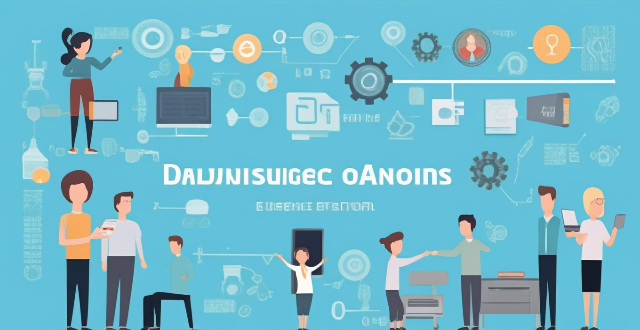
What challenges might I face when constructing a knowledge framework, and how can I overcome them ?
The text discusses the challenges in constructing a knowledge framework and provides solutions to these challenges. The challenges include identifying relevant information, structuring the framework, technical limitations, human factors, and maintenance and updates. The solutions suggested are using reliable sources, implementing filtering techniques, consulting with experts, using an iterative approach, visual mapping, modular design, custom development, flexible design, peer review, user testing, feedback loops, automated systems, dedicated teams, and regular reviews. By anticipating potential challenges and implementing appropriate solutions, you can create a robust and effective knowledge framework that supports learning, decision-making, and innovation within your domain.
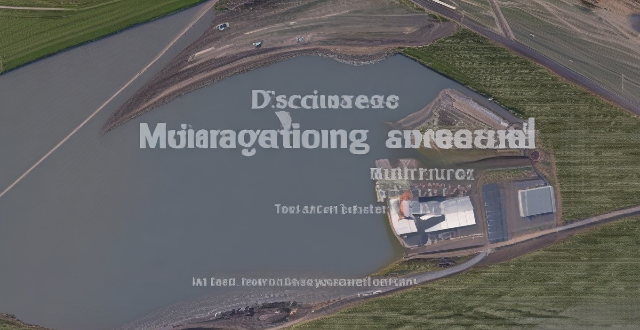
What are some emerging trends in the field of energy storage materials research ?
The text discusses the latest trends in energy storage materials research, focusing on solid-state batteries, flow batteries, metal-air batteries, supercapacitors, redox flow batteries, hybrid energy storage systems, nanostructured materials, smart grid integration, thermal energy storage, and organic/bio-based materials. Each section provides a brief overview of the technology's advantages and current research challenges.

How much does it cost to obtain a tourist visa ?
This detailed guide outlines the cost implications and requirements for obtaining a tourist visa to the People's Republic of China as of July 2024, using the process in the United States as an example. The guide covers visa types, required documents, additional requirements, cost implications, and the application procedure. It also highlights recent simplifications in the document requirements and emphasizes the importance of meeting all specified requirements and being prepared for associated costs.
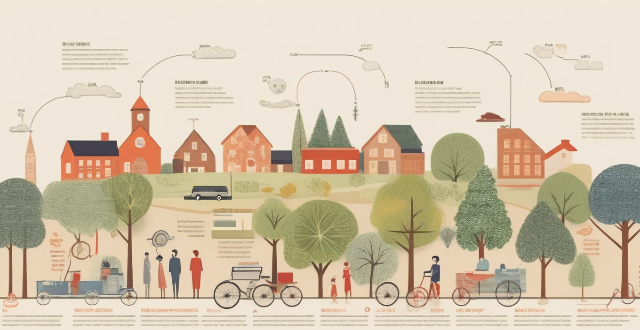
How can we involve marginalized communities in decision-making processes related to climate policy and action ?
Engaging marginalized communities in climate policy and action is crucial for their vulnerability to climate change, traditional knowledge, and promoting equity. Identify community leaders, incorporate local knowledge, enhance access to information, and foster collaboration. This ensures active involvement and equitable outcomes.

How does background knowledge impact reading comprehension ?
Background knowledge significantly impacts reading comprehension by aiding in schema creation, vocabulary recognition, contextual understanding, inferencing, and increasing engagement with the material.

How will interstellar exploration impact our understanding of the universe and our place within it ?
Interstellar exploration is a quest to understand the universe and our place in it. It has the potential to revolutionize scientific knowledge by unraveling cosmic origins, understanding planetary systems, and advancing physics. It can also impact human perspective by realizing our place in the cosmos, cultural and philosophical implications, and ethical considerations. Interstellar exploration stands at the threshold of transforming our knowledge and perceptions, pushing the boundaries of science, and reshaping humanity's self-image.
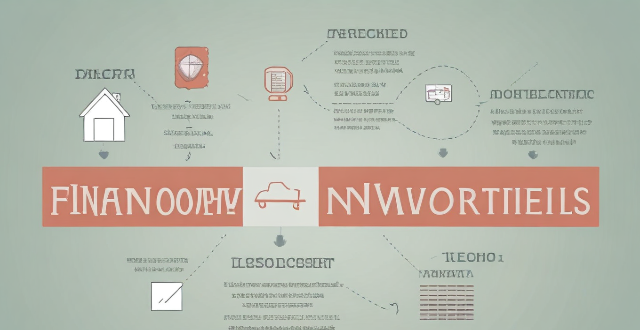
How can improving financial knowledge contribute to better investment decisions ?
Improving financial knowledge is crucial for better investment decisions. It increases understanding of options, improves risk management, boosts analytical skills, fosters a long-term perspective, and increases confidence in choices.
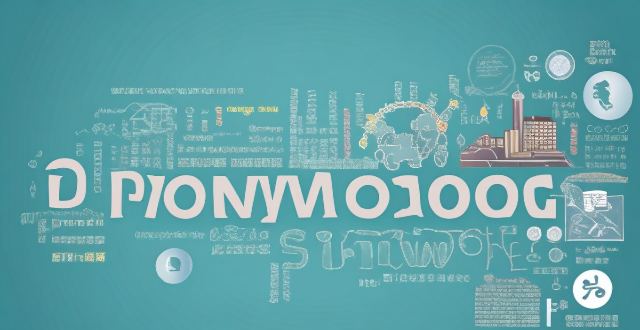
How can employers promote financial knowledge among their employees ?
Employers can promote financial knowledge among employees by offering financial education programs, encouraging retirement planning, providing access to financial counseling services, offering financial wellness programs, creating a culture of financial literacy, providing financial incentives for participating in financial education programs, and offering tax planning services.
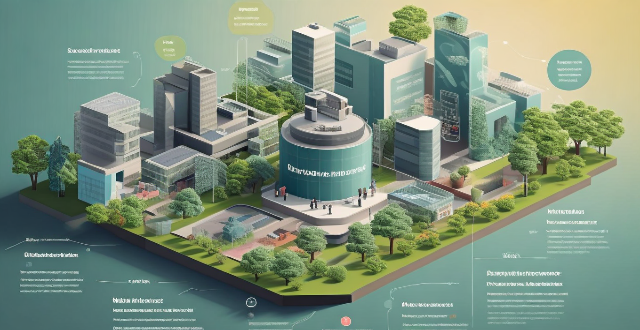
What are the benefits of having a well-structured knowledge framework ?
A well-structured knowledge framework offers benefits such as improved learning efficiency, enhanced understanding, increased application capabilities, and improved communication skills. By organizing information systematically, individuals can maximize their potential for success in various aspects of life.
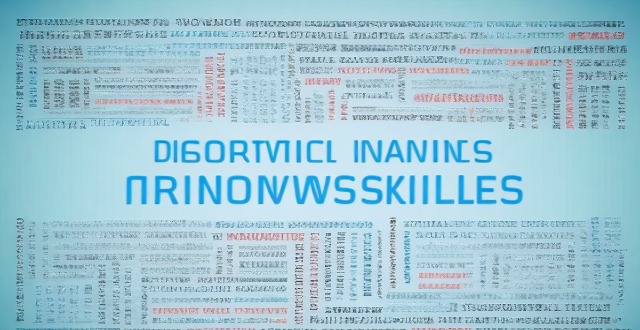
What role does critical thinking play in building a knowledge framework ?
This text discusses the importance of critical thinking skills in building a knowledge framework. It outlines four key aspects of critical thinking: identifying assumptions, evaluating evidence, analyzing arguments, and making informed decisions. By applying these skills, individuals can develop a nuanced understanding of complex issues and make well-reasoned decisions based on sound reasoning and evidence. The article emphasizes the crucial role of critical thinking in personal growth and success in various domains.

How can education help in raising awareness about the climate emergency ?
Education is vital for raising awareness about climate change, empowering individuals with knowledge, and fostering a culture of sustainability and action. Integrating climate change education into curriculums and promoting interdisciplinary learning can influence perception through knowledge dissemination, skills development, values formation, and behavior change. Strategies for integrating climate change education include curriculum integration, interactive learning experiences, technology and digital tools, and global perspectives. By prioritizing climate change education, educators, policymakers, and community leaders play a crucial role in shaping a sustainable future.

How can technology be used to enhance the development of a knowledge framework ?
The text discusses the various ways in which technology enhances knowledge framework development. It mentions that technology provides access to information, enables interactive learning, fosters collaboration and networking, offers customization and personalization, provides data analytics and assessment, automates routine tasks, and supports lifelong learning. The text concludes by emphasizing the importance of integrating technology into educational systems while also maintaining a balance with traditional teaching methods.

What are the long-term effects of lacking financial knowledge on an individual's life ?
The article discusses the long-term effects of lacking financial knowledge on an individual's life, which include difficulty in managing finances, increased debt and financial stress, limited opportunities for wealth accumulation, dependence on others for financial decisions, and missed opportunities for financial education. It emphasizes the importance of financial education in achieving financial goals and reducing stress.

What are the educational requirements for professionals interested in ecological design ?
Ecological design requires professionals to have a combination of skills and knowledge in various fields. A bachelor's degree is typically required for entry-level positions, with majors such as environmental science, architecture, landscape architecture, and urban planning. Many professionals also pursue a master's degree or certifications to gain specialized knowledge and advance their careers. Certifications include LEED Accredited Professional, Living Building Challenge Certified Professional, American Society of Landscape Architects Certified Professional, and National Council of Interior Design Qualifications Certified Professional Interior Designer.

What is the significance of integrating traditional knowledge into modern disaster risk management approaches ?
该文本讨论了将传统知识融入现代灾害风险管理方法的重要性。强调了传统知识在提高对地方条件的了解、促进社区参与和授权、提供补充方法、保持文化敏感性以及推广可持续实践方面的好处。同时,文章还列举了一些整合实例,如早期预警系统、建筑方法、农业实践、灾害响应规划以及教育和培训,并指出了验证和标准化、代际传递、合作和文化敏感性等挑战。最后总结强调,通过结合传统智慧和现代科学的优势,可以创建更有效和有弹性的灾害风险管理策略。
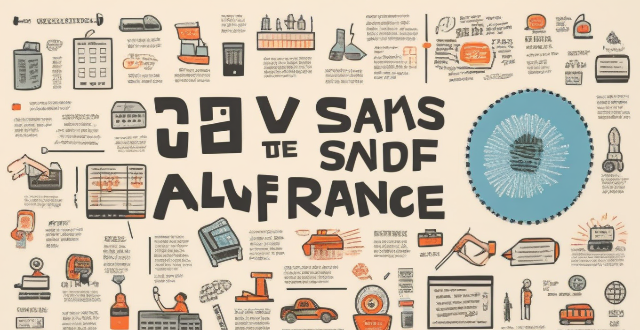
How important is hands-on practice in personal safety training compared to theoretical knowledge ?
In today's world, personal safety training is crucial to ensure individuals can protect themselves from potential threats and risks. While theoretical knowledge provides a foundation for understanding these risks, hands-on practice is essential for effective training. Hands-on practice provides a realistic experience that allows individuals to apply what they have learned in real-life situations. It also helps develop skills that can be applied across various scenarios, reinforces learning, and builds confidence. Therefore, incorporating hands-on practice into personal safety training programs is crucial for individuals to develop the skills needed to respond appropriately to threats and risks in real-life situations.
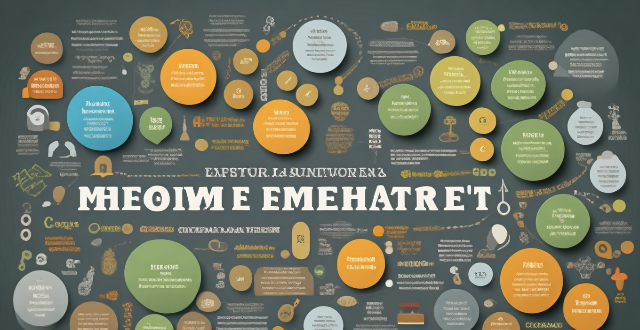
How often should I review and update my knowledge framework to ensure it remains relevant and accurate ?
To ensure your knowledge framework remains relevant and accurate, review and update it regularly. The frequency depends on factors like the rate of change in your field, learning goals, and the amount of new information encountered. General guidelines include weekly reviews, monthly updates, quarterly assessments, and annual overhauls. Tips for effective review and update include setting aside dedicated time, being open to change, using organizational tools, and seeking feedback.